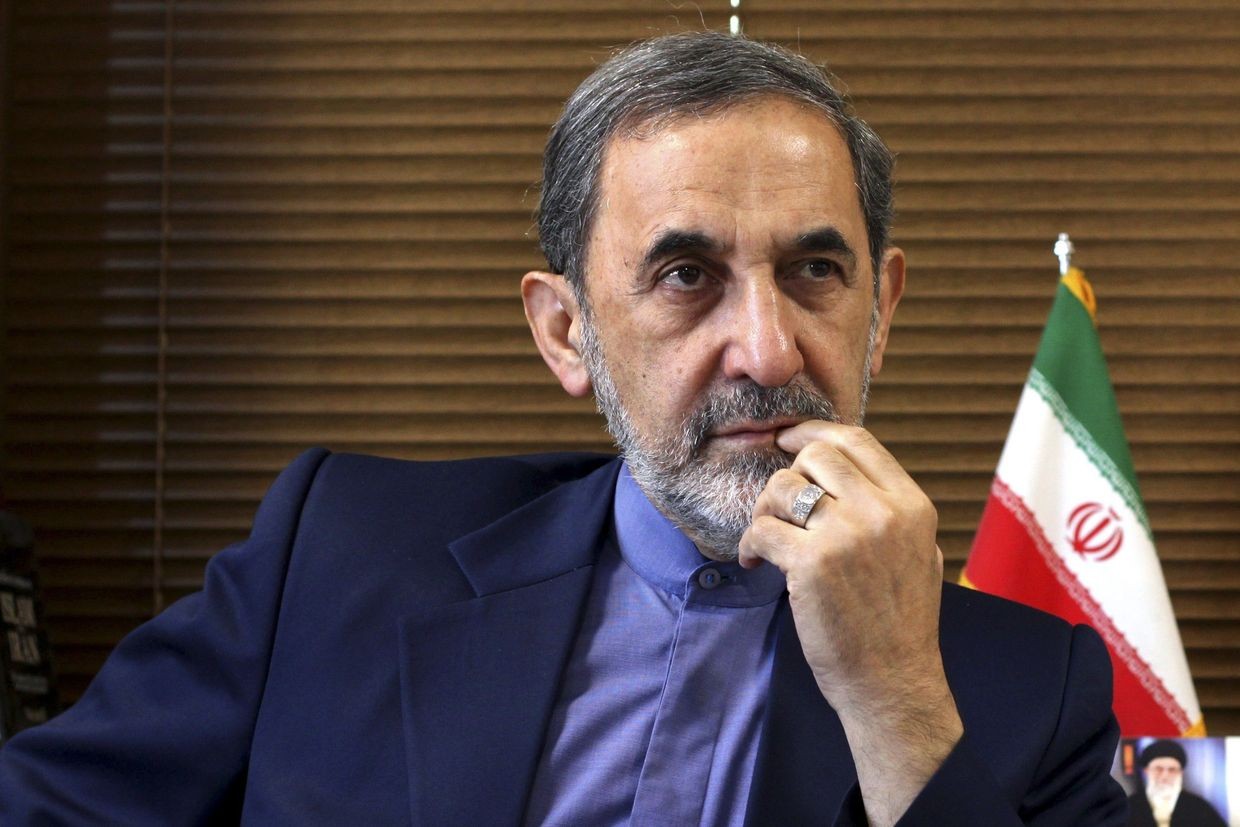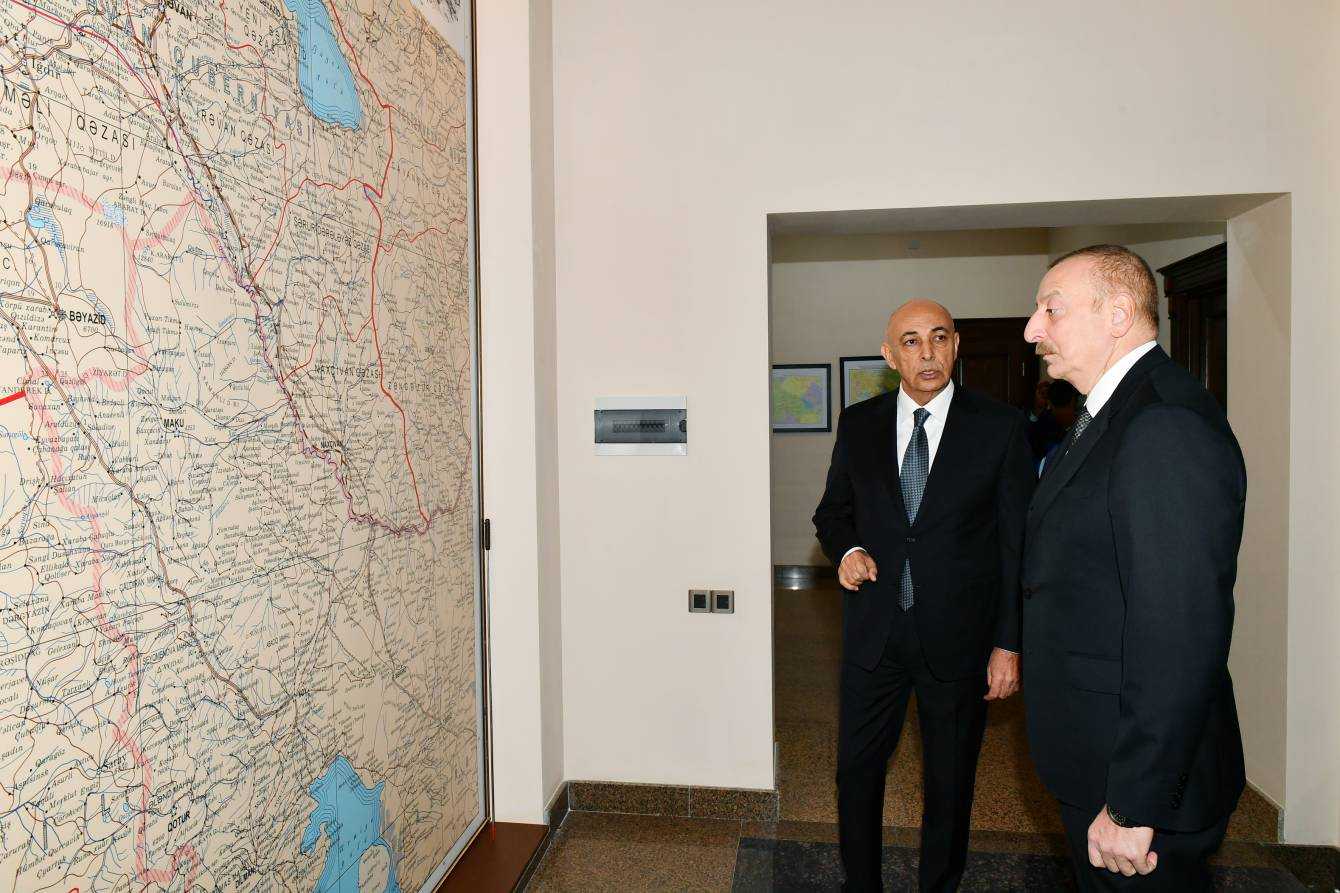Khamenei’s senior adviser says ‘Zangezur corridor’ would ‘sever Iran’s link’ to the Caucasus

A senior adviser to Iran’s Supreme Leader Ali Khamenei has said that Azerbaijan’s ‘Zangezur corridor’ — a proposal to establish a road connecting Azerbaijan to its exclave of Nakhchivan through Armenian territory — is a US and Israeli scheme to ‘undermine Iran’s national security and strategic ties’.
The remarks by Ali Akbar Velayati came as part of a speech he delivered in Tehran to commemorate Sheik Safi al-Din Ardabili, a 14th century mystic who was based in Ardabil, a region predominantly populated by ethnic Azerbaijanis, which constitute the largest ethnic minority in Iran, at around 15% of the population.
Velayati began his speech by delivering greetings to the ‘brave and cultured people of Azerbaijan’, before talking about Iran’s conflict with the US and Israel and ethnic cohesion in the country.
He went on to discuss how Azerbaijan, likely a reference to Iran’s northwestern Azerbaijan region, had always ‘been at the forefront of defending territorial integrity, independence, and the values of the Islamic Revolution’.
‘Iran’s enemies, especially global Zionism and the US, have been disturbed by this historical unity and strategic cultural depth’, he said. ‘They have consistently attempted to undermine the foundations of this identity to harm our national security’.
‘In this context, plans such as the “Zangezur corridor” are pursued as covers for broader geopolitical projects’, he continued, adding that the corridor’s ‘main goal is to weaken the Axis of Resistance [referring to Iran’s regional proxies and allies], sever Iran’s link with the Caucasus, and impose a land blockade on Iran and Russia in the region’s south’.
Velayati claimed the project was part of the US’ strategy to ‘shift pressure from Ukraine to the Caucasus’, and that it was also supported by NATO and ‘certain pan-Turkist movements’.
‘Yet, Iran has clearly and decisively opposed these actions from the outset, even deploying forces to the borders and conducting deterrent exercises to show that national security is our red line’, he said, calling it a policy of ‘active prevention’.
He concluded his remarks by saying that ‘the enemy seeks to penetrate Iran’s geopolitical depth under the cover of seemingly economic, but in truth, separatist, projects’.
Discussions over a route connecting Azerbaijan to the exclave of Nakhchivan have intensified in recent months, as Armenia and Azerbaijan appear to delve deeper into their peace talks.
On 12 July, in what appeared to be a vague, off-hand, and brief remark, the US Ambassador to Turkey, Tom Barrack, seemed to suggest that the US could take over a stretch of road inside Armenia on a lease, overseeing traffic on it.
An MP from Armenia’s ruling Civil Contract party later said that Armenia rejected an offer to lease a road — likely one that would connect Azerbaijan to Nakhchivan — to the US, citing concerns over ‘conceding sovereignty’.
This spurred indirect debates between Armenia and Azerbaijan’s leaderships, with Azerbaijani President Ilham Aliyev saying he was not willing to allow a third country to control the road and demanding that Azerbaijani nationals using the road not see any Armenian border guards.
Armenian Prime Minister Nikol Pashinyan and his administration have issued multiple statements stressing that Armenia needs to be aware of ‘who entered its territory’, lest an ‘uncontrollable source of smuggling and trafficking could emerge’.
However, Pashinyan also regularly highlights his ‘Crossroads of Peace’ plan — a proposal to unblock regional transit routes and infrastructure in Armenia.
In mid-July, Pashinyan said that ‘outsourcing’ a route would not compromise Armenia’s sovereignty, citing Armenia’s outsourcing of management of Yerevan’s Zvartnots International Airport, its water system, railway, and previously, Armenia’s post operator, saying that those remain Armenian property.











